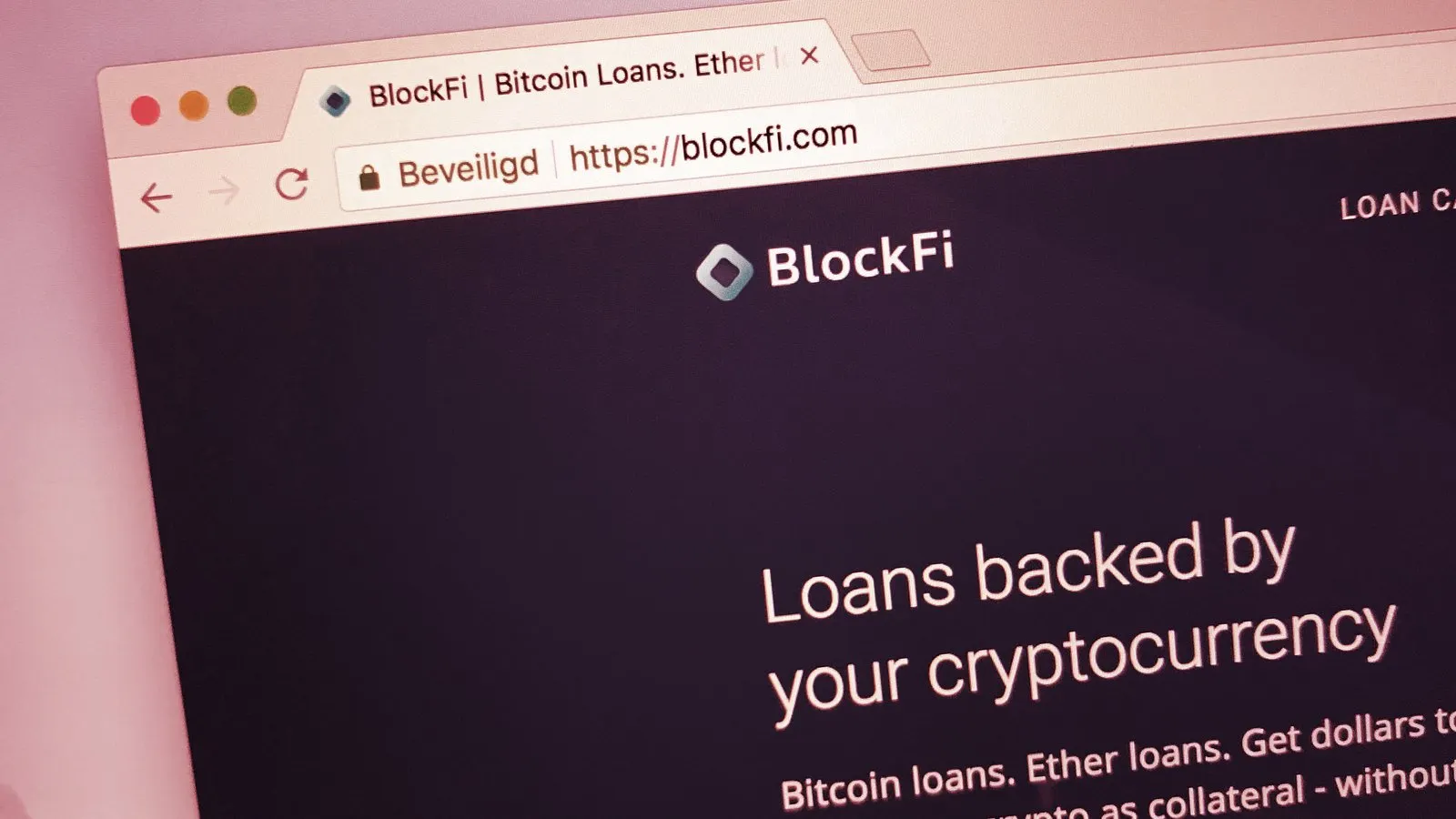The collapse of FTX continues to reverberate from coast to coast, with New Jersey-based exchange BlockFi—bailed out by FTX in June—notifying customers that it will be "limiting platform activity,” and California state regulators announcing a probe.
“We, like the rest of the world, found out about this situation through Twitter,” BlockFi wrote in a letter posted to the social media site late Thursday. “We are shocked and dismayed by the news regarding FTX and Alameda.”
BlockFi says that given the lack of clarity on the status of FTX, FTX US, and Alameda, "we are not able to operate business as usual." As a result, platform activity—including withdrawals—will be limited. The firm also discouraged customers from making deposits to hosted wallets and interest accounts.
While the BlockFi promised to communicate as frequently as possible, it acknowledged that it will be less frequent than its clients and stakeholders are used to.
In July, BlockFi offered employees buyouts to reduce headcount after cutting 20% of its staff the month before. These buyouts came weeks after finalizing a $400 million loan and potential acquisition terms with FTX in June.
BlockFi claimed to have a strong balance sheet at the time, calling itself well-positioned for long-term stability.
“This credit facility agreement with FTX provides BlockFi with access to capital that further bolsters our balance sheet and platform strength,” BlockFi tweeted.
BlockFi’s announcement came just hours after California’s financial protection agency became the latest entity—behind Texas, New Jersey, and the SEC—to open investigations into FTX.
“We encourage consumers to be aware of the risks of investing in volatile crypto assets,” the Department of Financial Protection and Innovation wrote. “Consumers and investors must be aware that crypto assets are high-risk investments and should not expect to be reimbursed for any losses.”
The agency warned investors that many crypto asset providers, including FTX, may not have adequately disclosed the risks customers face when they deposit assets onto these platforms.
“Crypto asset providers are not governed by the same rules and protections as banks and credit unions, which are required to have deposit insurance,” the agency said, adding that it takes its oversight responsibility very seriously.
“We expect any person offering securities, loans, or other financial services in California to comply with our financial laws,” they said.
In its heyday, BlockFi’s high yield rates were a tempting lure for DeFi degens looking for passive income. Customers were offered up to 9.3% APY (annual percentage yield) on certain cryptocurrencies and stablecoins.
Daily Debrief Newsletter
Start every day with the top news stories right now, plus original features, a podcast, videos and more.

